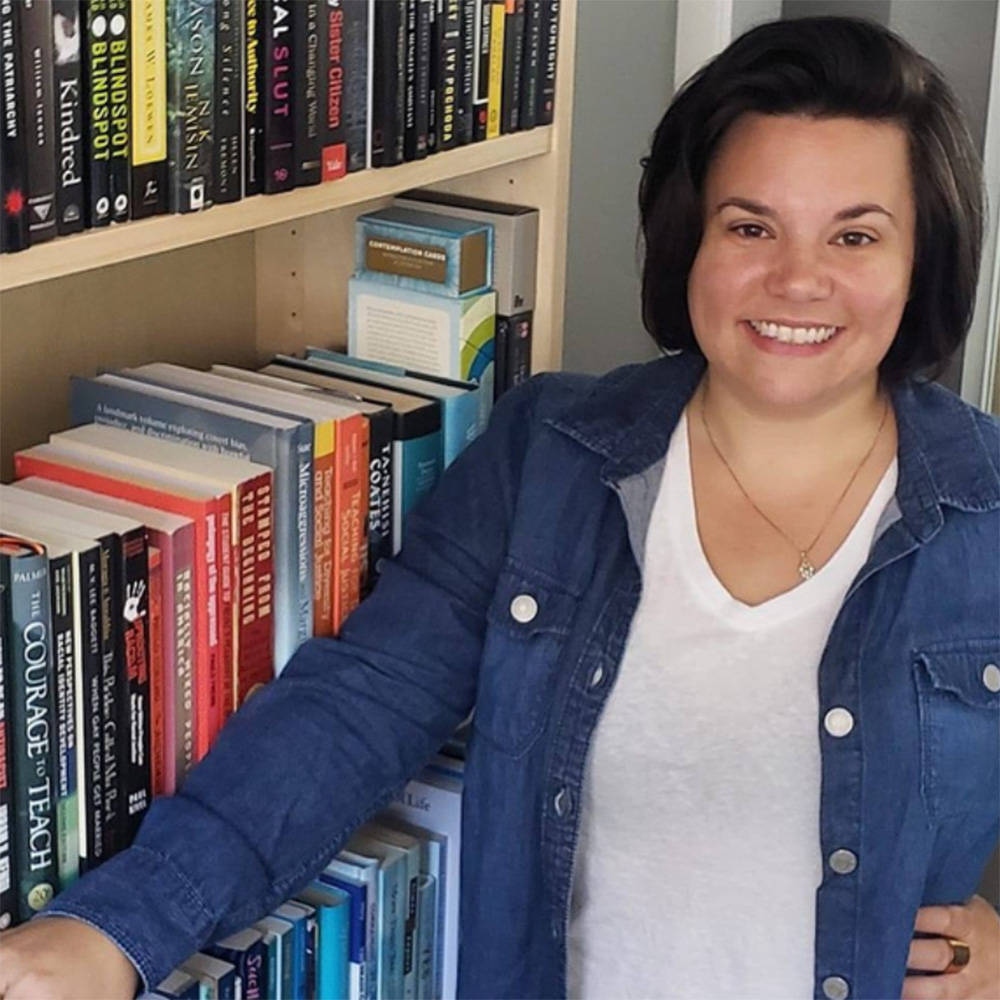
Mark your calendars for a special professional development conference Sept. 7–8, at the Lory Student Center.
Colorado State University students, faculty and staff are invited to attend “Neuroaffirming Spaces for Staff and Student Success,” with special guest speaker and researcher Victoria Verlezza. Among the sessions offered, Verlezza, who holds a Ph.D. in human development, will be speaking on Sept. 7, at 9 a.m. in LSC Ballroom D. She is an equity-centered trauma-informed educator who is grounded in social justice education. She is an anti-oppression consultant and speaks on many topics including diversity, equity, inclusion and social justice.
Neurodivergent is a non-medical umbrella term that describes people with variations in their mental functions and can include conditions such as autism spectrum disorder (ASD) or other neurological or developmental conditions such as attention-deficit/hyperactivity disorder (ADHD).
“Traditionally, students who belong to historically minoritized backgrounds, specifically Black and Brown students (faculty and staff), typically experience bias for behavioral issues rather than being assessed for neurodivergence,” said Verlezza. “As an aspiring Hispanic Supporting Institution (HSI), it is important to discuss the intersections of race and neurodiversity at CSU so that the whole student is taken care of as a part of our community.”
This event will be an opportunity to learn about how neurodivergence is being discussed as it applies to students, creating a culture shift and understanding how being neurodivergent impacts their success.
“As an institution that promises to serve the community, we need to be ready and willing to serve the entire community,” said Kyle Oldham, Ed.D., director of Workplace Inclusion & Talent Management for CSU Housing & Dining Services. “The neurodivergent community is one that is diverse and impacts academic success. As an institution, we need to continue our own learning about ourselves and others to create a community where students, staff and faculty can thrive.”
Every person’s brain operates differently. In schools and workplaces for the average individual, brain functions, behaviors and processing are expected to meet the milestones set by society for developmental growth. For those who veer outside of these parameters, their brain functions could be classified as neurodivergent.
As a student, being neurodivergent can make the university experience even more daunting, as highlighted by a recent 9news interview with Anna Higgins, a junior at CSU who identifies as neurodivergent with ADHD, dyslexia, dysgraphia and slow processing disorder. She started a chapter of Neurodiversity Alliance, a student club at CSU that focuses on supporting neurodiverse students and creating a more inclusive campus.
“We know CSU is benefiting from an increase in neurodiverse students on campus, and to serve them equitably through our student success work we must evolve our campus competence and skills,” said Ryan Barone, assistant vice president for student success.
The Office of Inclusive Excellence, Student Success, TILT, CSU Talent Development, CSU Health Network, Housing & Dining Services, and the Lory Student Center are among the partners making this two-day event possible.
Event schedule
Sept. 7
9-10:30 a.m.
Keynote: Creating neuroinclusive learning spaces and pedagogy
LSC Ballroom D
10:45-11:30 a.m.
Student/professional panel or town hall (Q&A)
LSC Ballroom D
2:15-4:30 p.m.
Neuroinclusive Supervision
LSC 390
Sept. 8
9-11 a.m.
Creating classroom spaces with neuroaffirmation in mind.
LSC 312
11:10 a.m. to 12:30 p.m.
Centering neurodivergence in our policies for our campus community
LSC 312
1:30-3 p.m.
Navigating Neurodivergence in our programming and events
LSC 322
Neurodiversity Alliance Club at CSU
Meets every Thursday 6-7 p.m. in Piñon Hall.
For more information, contact Kyle Oldham: kyle.oldham@colostate.edu.